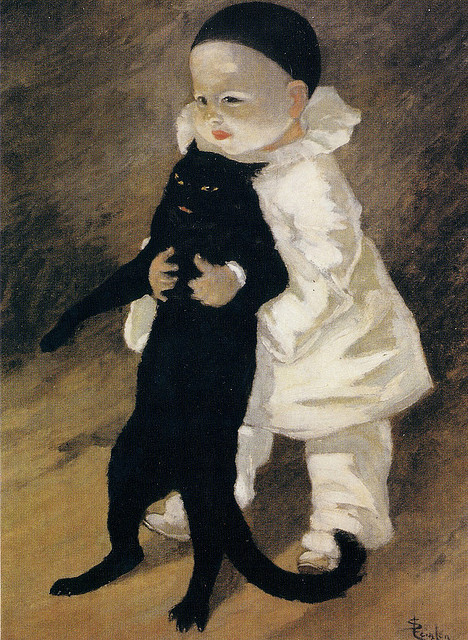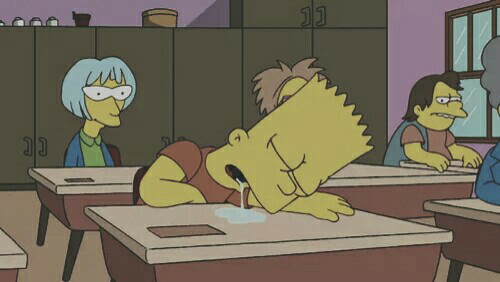29, Connecticut. Tattoos, art, music and loreTastefully NSFW
Don't wanna be here? Send us removal request.
Photo

The king of gummy worms, grumpy faces and all other bad life decisions. Sitting at a healthy 180lbs I’d say #health #sober #tattoos #carhartt #selfie #mirrorselfie #happy https://www.instagram.com/p/B2rkt5WAZiZ/?igshid=qbbd4jvsypm
0 notes
Text
Just a reminder that Vincent van Gogh did not eat yellow paint to make himself feel happy, he ate paint, and drank different chemicals because he was suicidal and this is why he was not allowed in his studio while having breakdowns. He also did not paint starry night and his other great works because he was depressed, he painted most of them while he was in recovery and demonstrated his hopefulness and love of the world through this. Most of his great works were painted from his room at a hospital. Van Gogh’s depression should not be glorified. His hope and effort toward a better life, as well as his recovery from depression should be glorified.
287K notes
·
View notes
Text

Meanwhile I’m over her like:

The Dark Lord Cthulhu demands sacrifice! Weeeeeee!

124 notes
·
View notes
Photo

Pierrot et le Chat Théophile Alexandre Steinlen, (1859-1923)
40K notes
·
View notes
Photo





The vampire squid (Vampyroteuthis infernalis, lit. “vampire squid from Hell”) is a small cephalopod found throughout temperate and tropical oceans in extreme deep sea conditions. Unique retractile sensory filaments justify the vampire squid’s placement in its own order, Vampyromorphida, as it shares similarities with both octopuses and squid.
The vampire squid can reach a maximum total length around 30 cm. Its 15-cm gelatinous body varies in colour from velvety jet-black to pale reddish, depending on location and lighting conditions. A webbing of skin connects its eight arms, each lined with rows of fleshy spines or cirri; the inner side of this “cloak” is black. Only the distal halves (farthest from the body) of the arms have suckers.
The vampire squid is almost entirely covered in light-producing organs called photophores, capable of producing disorienting flashes of light ranging in duration from fractions of a second to several minutes. The intensity and size of the photophores can also be modulated. Appearing as small, white discs, the photophores are larger and more complex at the tips of the arms and at the base of the two fins, but are absent from the undersides of the caped arms. Two larger, white areas on top of the head were initially believed to also be photophores, but are now identified as photoreceptors.
source
video 1, video 2
6K notes
·
View notes
Photo










Still Practiced Pagan Rituals of Europe
For years, photographer Charles Freger, has been traveling throughout European countries trying to capture the spirit of what he calls “tribal Europe” in his “Wilder Mann” series.
Pagan rituals mainly relating to winter solstice and spring renewal were the most common rituals he came across. The series of pictures/costumes above are meant to explain the complicated relationship humans have with nature and life and death cycles.
The FULL SERIES is absolutely amazing. Check out all the costumes we couldn’t include in the post.
11K notes
·
View notes










